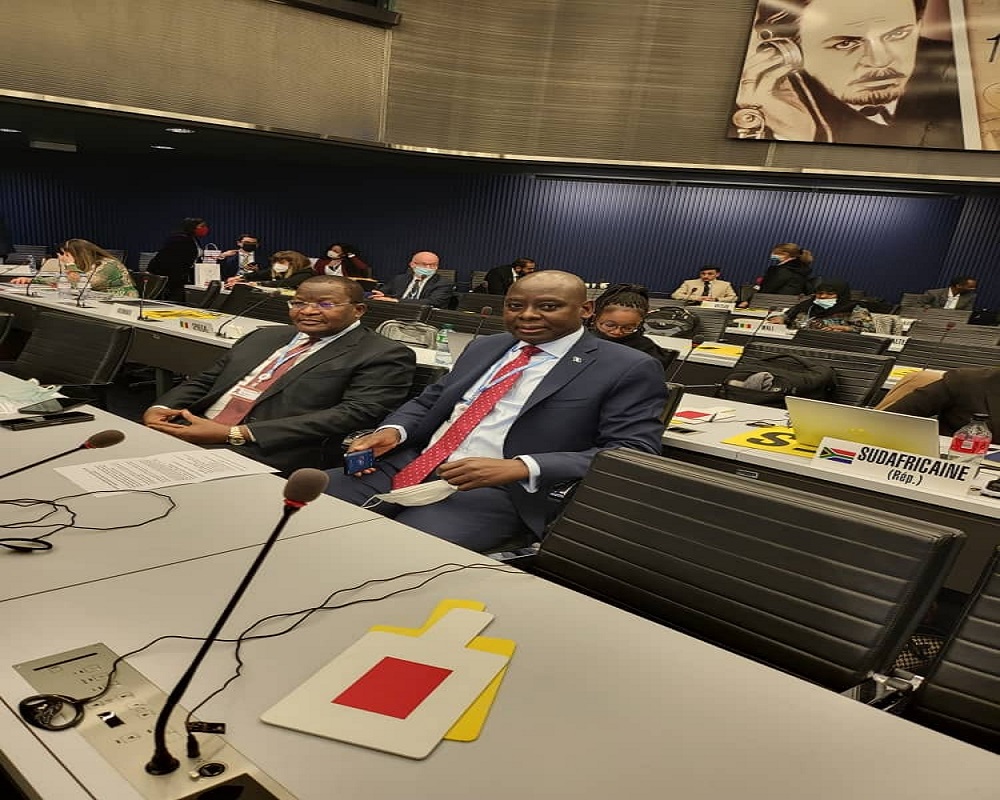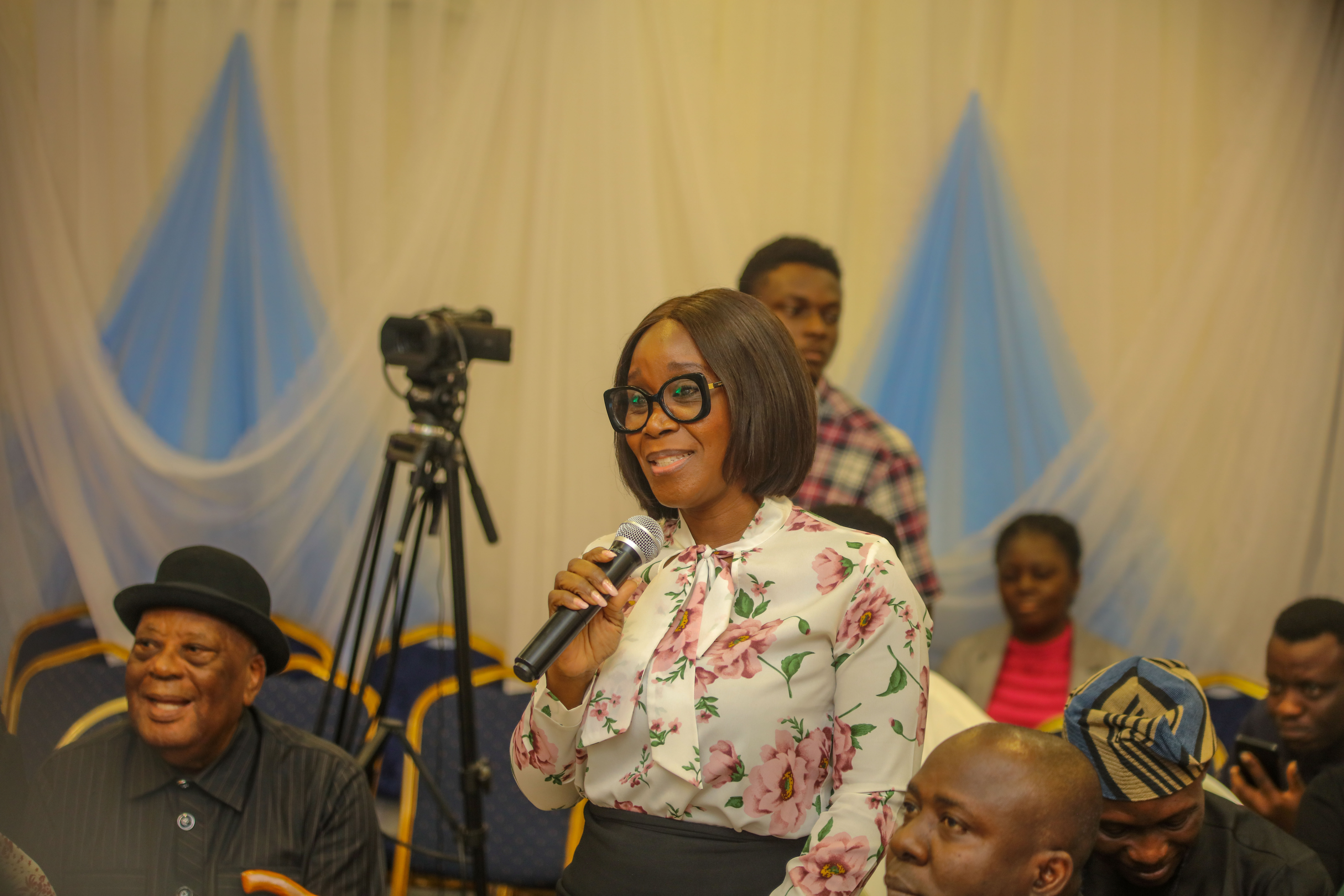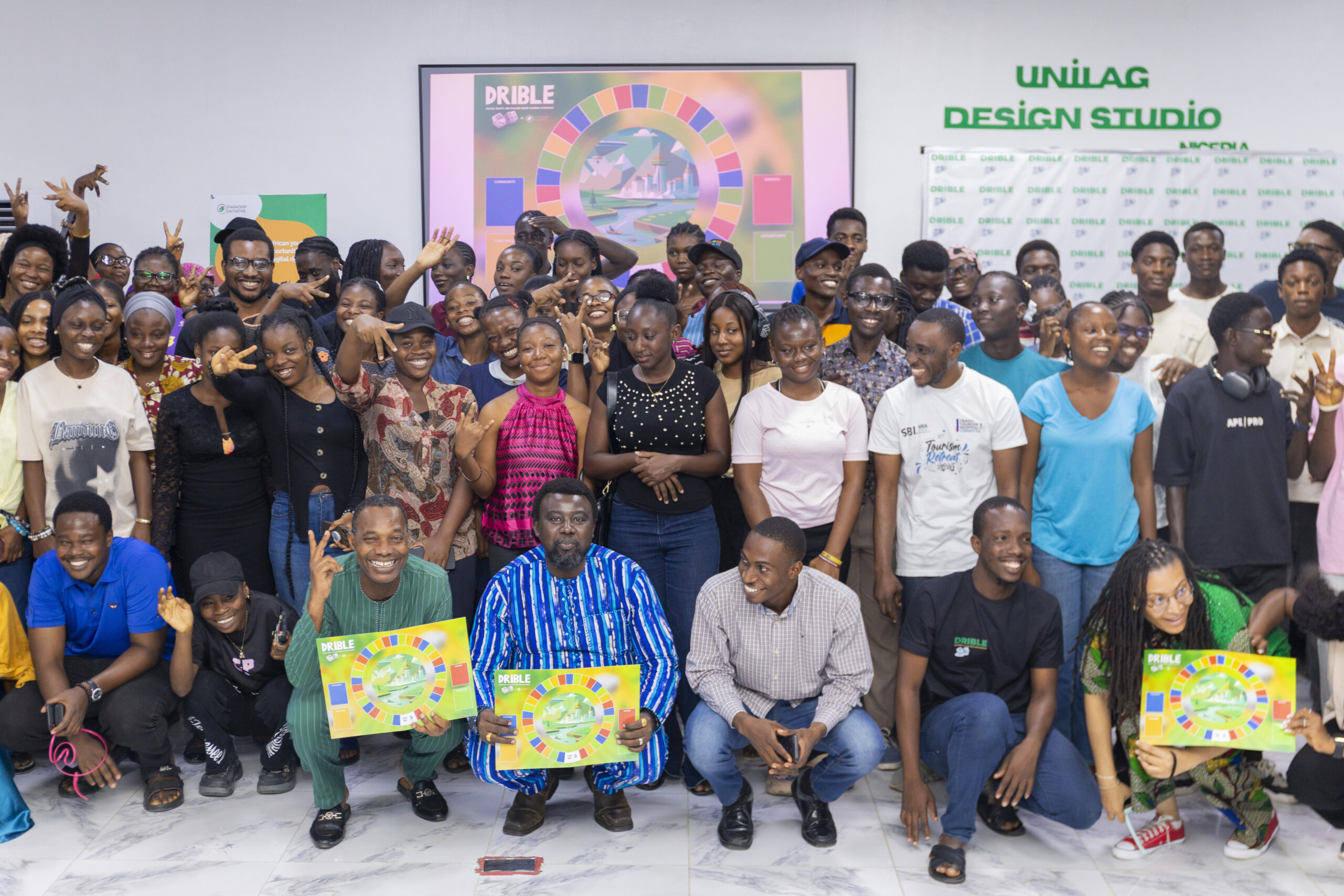Telecom
NCC’s Experiences at ITU Bolstering Nigeria’s Digital Transformation – Danbatta

Prof. Umar Garba Danbatta, Executive Vice Chairman (EVC) of Nigerian Communications Commission (NCC) has said that the vast experience as a long-standing member of the International Telecommunication Union (ITU) has served as a booster to the Commission in its effective implementation of government policies, and in stimulating regulatory initiatives focused on advancing Nigeria’s digital transformation.

L-R: Prof.Umar Danbatta, Executive Vice Chairman, Nigerian Communications Commission (NCC); and Ayuba Shuaibu, Executive Secretary, Universal Service Provision Fund (USPF) at the International Telecommunications Union (ITU) Council Session, that took place in Geneva, Switzerland recently.
Danbatta stated this while addressing global actors in the Information and Communication Technology (ICT) industry at the ongoing Session of the ITU Council taking place in-person at the ITU Headquarters in Geneva, Switzerland, from March 21-31, 2022.
Speaking at the Council session, Danbatta said the challenges posed by the COVID-19 pandemic underscore the important role ICT will continue to play in ensuring peace, security and prosperity around the world.
“It is as a result of the enabling experiences in the ITU ecosystem that Nigeria continue to be active and forward-looking regarding the activities of the ITU as the leading organ of the United Nations (UN) in the area of ICT,” he said.
He emphasised that, as a long-standing member of Council, Nigeria has utilised ICT as a driver of socio-economic development not just for herself, but also for the benefit of the sub-region and the continent, given its role as a founding member and flagship promoter of the West African Telecommunications Regulators Assembly (WATRA).
“Over the years, as a member of ITU, Nigeria has chaired World Radiocommunication Conference (WRC)-15; chaired ITU Council Standing Committee on Administration and Management (SC-ADM), in 2019 and 2022; as well as chaired the Ad-Hoc Committee on ITU Regional Presence”, the EVC said to underscore the strategic, symbiotic relationship between Nigeria and ITU.
Reinforcing the intensity of his assertion on the contribution of Nigeria in ITU, Danbatta said, “Nigeria had also chaired ITU-Standardization (ITU-T) Study Group 20 Regional Group for Africa; served as Vice Chairman, ITU-T Study group 20; served as Vice-Chair, ITU-T Study Group 12; Vice-Chair, ITU-Development D Study Group 2; as well as provided Financial Support to ITU Headquarters Building, among others”.
The EVC said this robust experience in ITU has continued to enable Nigeria, through NCC, and was particularly instrumental to the recent management of a globally-acclaimed transparent auction of Fifth Generation 5G licence in 2021; achieve 40.88 per cent broadband penetration in Nigeria as at December 2021; implement robust financial inclusion initiatives; as well as in the promotion of universal access across institutions and communities in Nigeria through the NCC’s Universal Service Provision Fund (USPF).
“All these were made possible through the successful launch and implementation of policies to foster use of ICTs across all sectors and enhance a digital economy,” he said.
Meanwhile, the EVC has used the opportunity of his brief remarks during the Council session to announce Nigeria’s intent to seek re-election to ITU Council during the forthcoming Plenipotentiary Conferences.
According to Danbatta, having Nigeria re-elected will help the country to continue to collaborate with and support ITU’s development agenda, ensure effective and efficient implementation of ITU Resolutions, implement inclusive programmes to foster universal use of ICT across all divides, and provide focused and strategic partnership.
“We look forward to a robust Council session and subsequent support for Nigeria during the forthcoming elections,” Danbatta stated.
The ITU is governed by the Plenipotentiary Conference and the Administrative Council. The Plenipotentiary Conference is the supreme organ of the Union. It is the decision making body which determines the direction of the Union and its activities.
The Council, on the other hand, acts as the Union’s governing body in the interval between Plenipotentiary Conferences. Its role is to consider broad telecommunication policy issues to ensure that the Union’s activities, policies and strategies fully respond to today’s dynamic, rapidly-changing telecommunications environment.
The ITU Plenipotentiary Conference for this year is scheduled to take place in Bucharest, Romania, from Monday, September 26 to October 14, 2022
Telecom
MTN’s ₦31.75Bn Investment in Health Lauded at Arthur Mbanefo Lecture

MTN Foundation has been spotlighted as a model for private sector-driven healthcare development in Nigeria, following commendations at the 6th Arthur Mbanefo Lecture held at the University of Lagos, Akoka.

Themed “A Healthy Nation is a Wealthy Nation: The Role of Impact Investments and Sustainable Financing in Nigeria,” the lecture featured Dr. Tolulope Adewole, Managing Director of NSIA Advanced Medical Services Limited (MedServe), as keynote speaker.
Dr. Adewole praised the Foundation’s strategic investments, noting that MTN commits 1% of its profit after tax annually to development sectors. “They’ve invested ₦31.75 billion, reaching over 32 million Nigerians. Though only 25% went to health, it accounted for 51% of all lives impacted. That’s catalytic,” he said.
He cited MTN’s dialysis centre programme as a transformative intervention for patients with kidney disease, and highlighted community-focused initiatives like the Y’ello Doctor mobile scheme and ‘What Can We Do Together’ (WCWDT) programme, which revitalised 164 Primary Healthcare Centres, including 44 in 2024 alone.
Executive Director of MTN Foundation, Odunayo Sanya, reflected on the COVID-19 pandemic’s exposure of systemic health vulnerabilities. “When COVID hit, we realised a health emergency is also an economic and social emergency,” she said.
Sanya revealed that of the 52 PHCs remodeled in 2024, only one had clean water. “I’m not a doctor, but I know you can’t live a good life without clean water,” she added, reaffirming the Foundation’s commitment to bridging healthcare gaps in underserved communities.
Telecom
PIN to Empower 20 Million Youths with New Digital Rights Board Game

Hundreds of university students across Africa are set to benefit from a new gamified learning experience on digital rights and inclusion launched by the leading pan-African non-profit organisation, Paradigm Initiative (PIN).

The Digital Rights and Inclusion Board Learning Experience (DRIBLE) is a game developed by Paradigm Initiative with support from the Open Society Foundations (OSF). The custom-designed board game provides young individuals with a fun and engaging entry point into digital rights and inclusion conversations, training sessions and storytelling tools.
The board game aims to build digital literacy, deepen understanding of online safety, and introduce young individuals to the organisation’s tools of impact. Currently being piloted in three universities: University of Lagos, Nigeria, the Catholic University of Eastern Africa (CUEA) in Nairobi, Kenya and the Dakar American University of Science and Technology (DAUST) in Dakar, Senegal, it will enhance interactions and create a holistic experience.
Speaking at the event launch at the University of Lagos, Nigeria, ‘Gbenga Sesan, Paradigm Initiative’s Executive Director, said: “PIN’s vision is to reach 20 million people through our Digital Inclusion and Digital Rights interventions. From Lagos, to Dakar, to Nairobi.. we will use the vehicle of our new Digital Rights and Inclusion Board Learning Experience (DRIBLE) which entails using gamification, training, multimedia materials, tools and other interventions to connect African youth with digital opportunities and protect their digital rights.”
‘Gbenga gave the keynote address on “Digital inclusion at PIN, our Past, Present and Future” and Nnenna Paul-Ugochukwu, the organisation’s Chief Operating Officer, said the goal of the learning experience would be instrumental in raising awareness of digital rights among the youth, building their capacity to address digital rights and inclusion issues in their communities. Prof. Olunifesi Adekunle Suraj shared a goodwill message with the students and other stakeholders.
Paradigm Initiative, which has been operational since 2007, started in a tiny cybercafe in Ajegunle, Lagos, Nigeria. Today, the organisation has expanded its wings to cover six African countries; Cameroon, Kenya, Nigeria, Senegal, Zambia and Zimbabwe, impacting the livelihoods of over 150,000 young Africans.
The launch of DRIBLE builds on the progress the organisation has made over the years in tackling the challenge of digital exclusion across Africa.
Paradigm Initiative’s tools of impact include Ripoti, a platform that enables individuals to report digital rights violations, Ayeta, a platform that provides digital security resources for stakeholders, more so human rights activists, defenders, journalists and other vulnerable groups, and the organisation’s latest short film, Whispers in the Wires.
Targeted at students, PIN rolled out a Campus Tour in the three universities on the continent starting July 15th, 2025.
Telecom
Meta Cracks Down on Fake Accounts, Deletes 10m Profiles

Meta, the parent company of Facebook, has intensified its crackdown on fake accounts and spam, announcing it removed over 10 million fake profiles and roughly 500,000 spam accounts in the first half of 2025.

The sweeping purge is part of Meta’s broader effort to combat impersonation, fake engagement, and content duplication, aiming to elevate authentic creators and improve the quality of content across its platforms.
In a blog post, Meta said: “We’re making progress. In the first half of 2025, we took action on around 500,000 accounts engaged in spammy behaviour or fake engagement. We also removed about 10 million profiles impersonating large content producers.”
Meta stressed that accounts which primarily repost or recycle content without meaningful edits will face penalties such as reduced reach and the loss of monetisation tools.
The company also warned that repeatedly sharing unoriginal content — whether videos, photos, or text — undermines the platform’s integrity by crowding out genuine voices and making it harder for new creators to grow.
To support authentic creators, Meta is rolling out new tools that automatically trace reposted content back to its original source. The company says this will help ensure rightful credit and give higher visibility to original posts.
“Pages and profiles that post mostly original content tend to enjoy wider distribution across Facebook. Simply stitching clips together or adding a watermark will no longer count as meaningful editing. Content that provides real value and tells an authentic story is likely to perform better,” Meta explained.
Creators are also being cautioned against uploading content that includes watermarks from other platforms. Such posts could see their reach restricted or lose monetisation privileges altogether.
As part of its latest update, Meta introduced post-level insights on the Professional Dashboard, allowing creators to monitor how individual posts perform. They can also check their Support Home screen to see if their content or earnings are facing restrictions.
In a parallel development, Google’s YouTube updated its monetisation guidelines, stating that content deemed mass-produced or excessively repetitive will no longer qualify for ad revenue. The announcement initially sparked concern among creators, who feared it was a blanket ban on AI-generated content. YouTube later clarified:
“We welcome creators using AI tools to enhance their storytelling, and channels that use AI in their content remain eligible to monetise.”
Both tech giants say these new policies are aimed at raising content standards and safeguarding genuine creators in a crowded and rapidly evolving digital landscape.

 Telecom2 days ago
Telecom2 days agoMTN’s ₦31.75Bn Investment in Health Lauded at Arthur Mbanefo Lecture

 E-Financial3 days ago
E-Financial3 days agoZenith Banks Leads as 8 Banks Suffer N156Bn Impairment Charges

 News2 days ago
News2 days agoCAC Flags Three Companies, Warns Nigerians

 Telecom3 days ago
Telecom3 days agoMTN @ Swish Fusion Summit, Showcases 5G Rollout Strategy

 E-Business2 days ago
E-Business2 days agoFrance Moves to Tackle Online GBV in Africa with $4.3m Funding

 E-Business3 days ago
E-Business3 days agoOlatunji, NDPC Boss Calls for Integrated Strategy on Data Privacy, Cyber-Security

 News3 days ago
News3 days agoUS Launches ‘Window on America’ @ Ogun Tech Hub

 E-Financial3 days ago
E-Financial3 days agoSEC Flags FF Tiffany as Ponzi Scheme

























